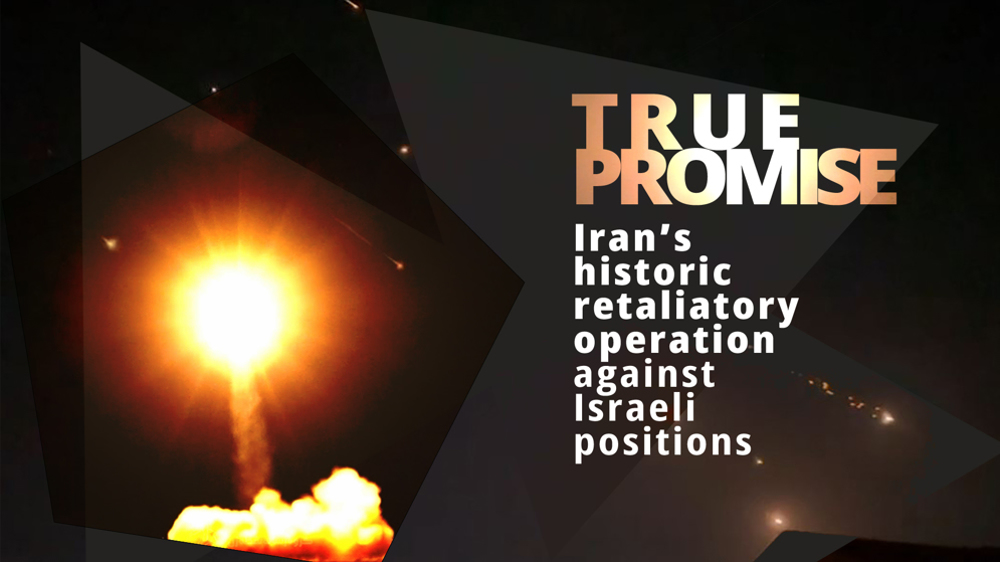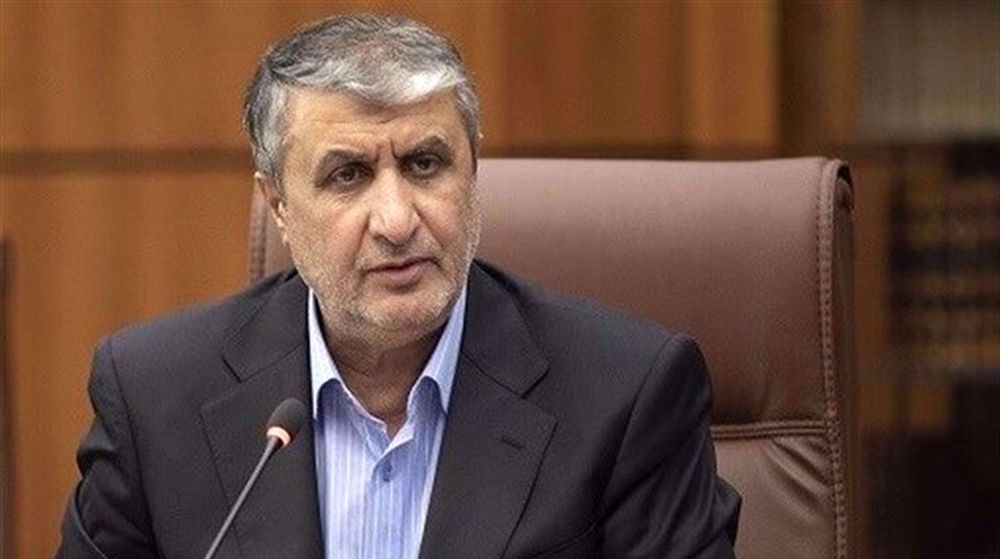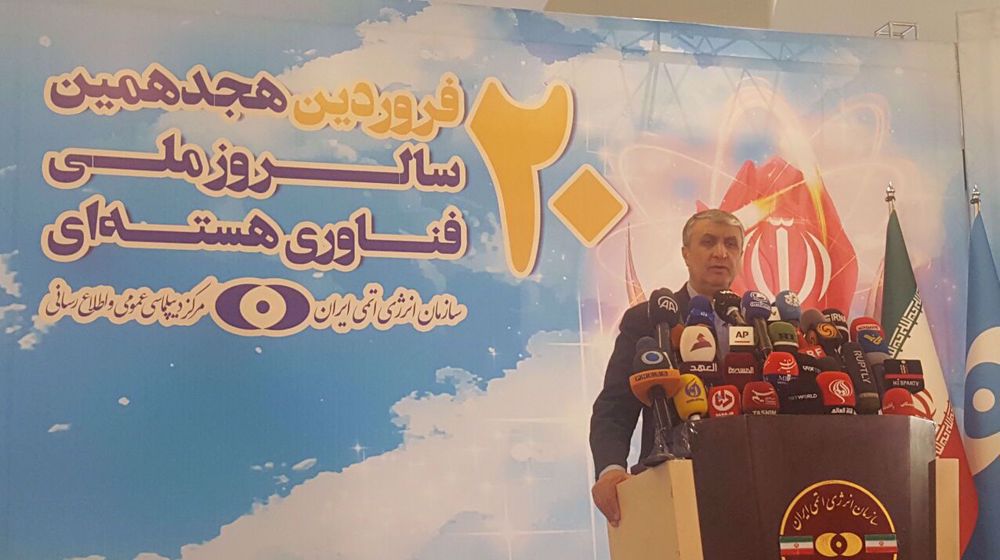Pompeo threatens Iran with ‘strongest sanctions in history’
US Secretary of State Mike Pompeo says Washington will increase the financial pressure on Iran by imposing the "strongest sanctions in history" on the Islamic Republic if Tehran refuses to change the course of its foreign and domestic policy.
"We will apply unprecedented financial pressure on the Iranian regime. The leaders in Tehran should have no doubt about our seriousness," Pompeo said on Monday in his first major foreign policy address since moving to the State Department from the CIA.
Speaking weeks after the United States' move to withdraw from a landmark nuclear agreement Iran signed with major powers in 2015, he laid out 12 tough conditions for any "new deal" with Tehran. The conditions included withdrawal of Iran's military advisors from Syria, who have been helping the country's legitimate government in its anti-terror fight against terrorist outfits, which have been mostly aided and abetted by the US and its Western and regional allies.
He said Washington would be open to a new treaty and wanted the support of America's allies.
He warned that “the sting of sanctions will be painful” and Iran would struggle to “keep its economy alive” if it “does not change its course from the unacceptable and unproductive path it has chosen.”
The US secretary of state said relief from sanctions would only come when the US had seen tangible shifts in Iran's policies.
"Iran will never again have carte blanche to dominate the Middle East," he said, adding that the United States would hold those doing prohibited business in Iran to account.
US President Donald Trump announced on May 8 that Washington was walking away from the nuclear agreement, officially known as the Joint Comprehensive Plan of Action (JCPOA), which was reached between Iran and the five permanent members of the UN Security Council - the US, Britain, France, Russia and China - plus Germany.
Trump also said he would reinstate US nuclear sanctions on Iran and impose "the highest level" of economic bans on the Islamic Republic.
Iran has said it would remain in the JCPOA for now, pending negotiations with the other signatories in the coming weeks before making a final decision on its future role in the agreement. Tehran wants the Europeans to give it clear-cut guarantees about fulfilling their obligations if it remains in the accord.
In a press release on Friday, the European Commission said it took steps to preserve the interests of European companies investing in Iran and demonstrate the EU's commitment to the JCPOA.
The President of the European Commission, Jean-Claude Juncker said, "As long as the Iranians respect their commitments, the EU will of course stick to the agreement of which it was an architect; so we have the duty, the Commission and the European Union, to do what we can to protect our European businesses."
French Finance Minister Bruno Le Maire said on Sunday that his country was weighing possible ways that could help the EU compensate European companies that might be facing sanctions by the United States for doing business with Iran.
He added that EU rules going back to 1996 could allow the union to protect European companies against any US sanctions, saying that the EU should toughen its stance in this regard.
Iranian Foreign Minister Mohammad Javad Zarif said on Sunday the European Union's "political support" for the multilateral nuclear agreement is not enough, urging the bloc to take more practical steps to boost economic cooperation with Iran.
"With the US exiting the JCPOA, public opinion's expectations from the European Union have increased to save the JCPOA's achievements," Zarif said in a meeting with the European Commissioner for Energy and Climate Miguel Arias Cañete.
Elsewhere in his remarks, Pompeo expressed Washington's readiness to respond if Tehran decided to resume its nuclear program.
"Our demands on Iran are not unreasonable: give up your program. Should they choose to go back, should they begin to enrich, we are fully prepared to respond to that as well," the US secretary of state said without giving any detail about the possible response, hoping that Iran would "make a different decision, choose a different path."
Head of the Atomic Energy Organization of Iran (AEOI) Ali Akbar Salehi said late in April that the country had enough technical know-how to return to conditions it had before signing the JCPOA.
“In terms of nuclear science, Iran has reached a level that if we fail to fulfill those promises that we gave to people upon signing the JCPOA, we will return to the past [conditions] and [even] a much better level [of the nuclear activities],” Salehi added.
President Raeisi: Iran to make Israel rue 'slightest attack'
US, UK imposes new sanctions on Iran over retaliation against Israel
Storm aftermath exposes chaos in Dubai after UAE hit by record rains
VIDEO | Israel’s humiliation
Russia: New US aid for Ukraine fails to change military situation
China slams Biden over 'xenophobic' and 'cheating' claims
VIDEO | Erdogan breaks silence, backs Iran’s reprisal attack on Israel
IRGC warns of 'tit-for-tat' retaliation if Israel attacks Iran's nuclear facilities












 This makes it easy to access the Press TV website
This makes it easy to access the Press TV website